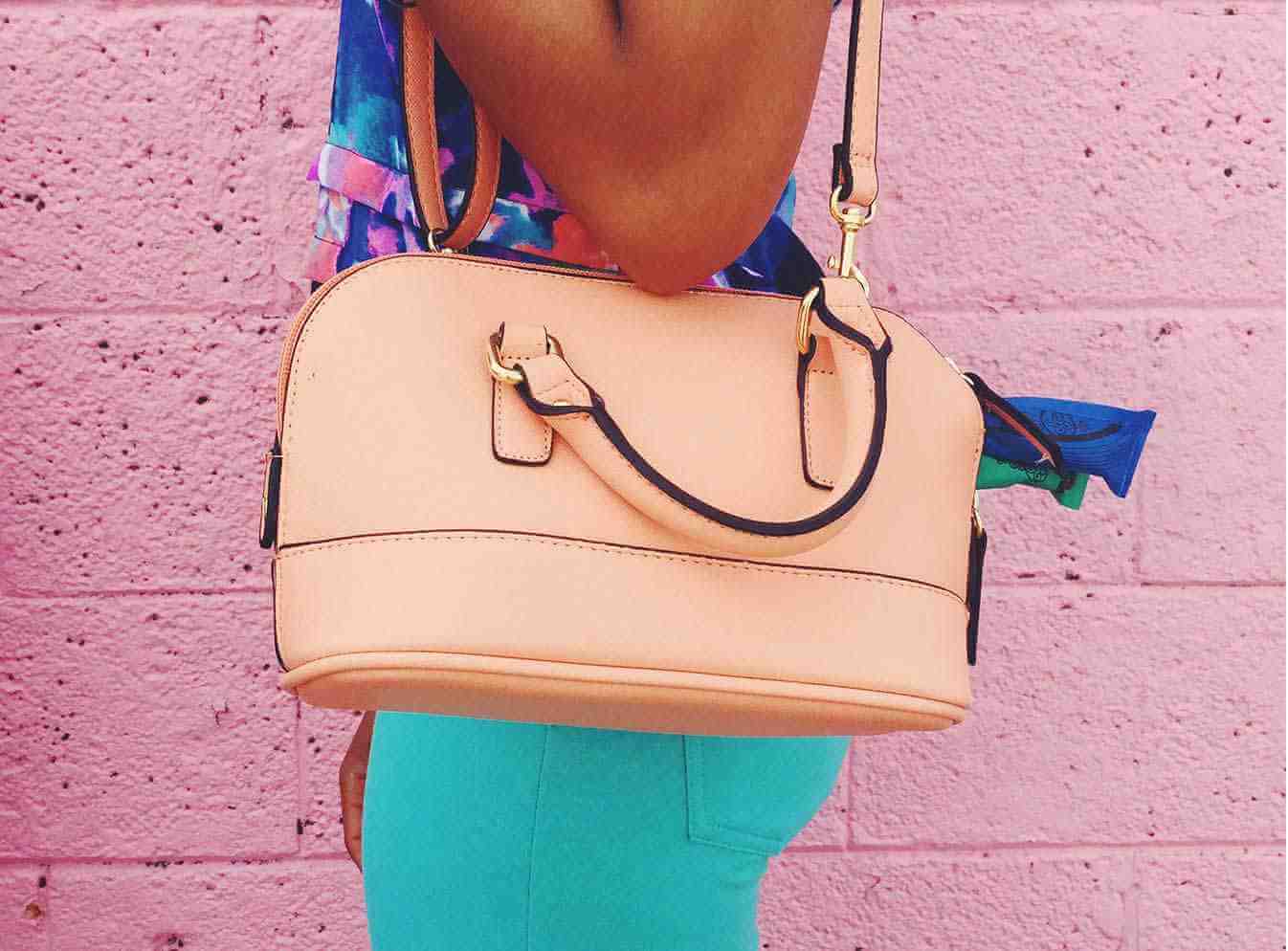Guide to Your First Period: Signs and Symptoms
My First Period Guide
Your first period isn’t something you need to hide. This guide is full of useful information and FAQs to help you understand and manage your first period.
In this guide, you’ll learn about the menstrual cycle, how to recognize signs of a first period, and the differences in period products so you can choose the right ones for you - plus more.
Download here to get the full guide: My First Period Guide
First Period Signs and Symptoms
Let’s get this out of the way – getting your period is nothing to be ashamed of. The average cycle lasts around 28 to 30 days, but it can range from around 21 to 35 days. Within each cycle, the period will last for a few days at a time, but its length will vary from person to person. Remember, every period is different, and that’s totally okay. Getting your period is one sign that your reproductive system is functioning properly. It’s a completely natural part of life.
Menstrual-Cycle Symptoms
A few days before your period starts, you might notice that your breasts feel a little sore or that your stomach is achy. You may get acne, feel tired, or go to the bathroom more frequently. That is all caused by your menstrual flow. But you might also feel the same as you usually do. It doesn’t sound glamorous or fun – but having periods means you can create life.
Puberty
Between the ages of about 10 and 14, you will begin to notice changes in your body. Or you might just feel different. That’s puberty - everyone goes through it. There are many different signs that suggest you may be going through puberty. Some of the changes your body experiences will be more exciting than others – but they’re all part of becoming an adult.
What Are the Early Signs of Puberty in Girls?
- Increased tiredness
- Acne
- Height and weight increasing
- Sexual curiosity and attraction developing
- Hips widening and body becoming more curvy
- Sweat and body odour becoming more noticeable
- Hair beginning to grow in your armpits and pubic region
- Emotional changes – (e.g., loneliness, crushes, wanting to be independent, self-consciousness)
- Breasts getting bigger
- A need for independence from parents
Period Products
The product you choose is totally up to you; different people prefer different products. And you might use a variety of products depending on the occasion. It’s your decision. Just make sure you feel comfortable and confident with the products you choose.
Pads: Pads are the most used period product, and there are many different kinds. Pads vary in thickness, absorbency, and length, but all adhere to your underwear to stay in place while they absorb period blood.
Liners: These pads are much smaller and thinner than overnight pads. They are a great option for when the menstrual flow is weaker, towards the end of your period, or for regular daily discharge.
Tampons: Tampons are designed to absorb period blood by being inserted into the vagina. Just as pads do, they come in different sizes. The choice of product size is related to your blood flow and has nothing to do with the size of the vagina.
FAQs About Your First Period
Q: Is menstrual blood different from regular blood?
A: Menstrual blood isn’t different from regular blood. It’s just regular blood that flows from the vagina.
Q: Can you pee with a tampon in?
A: Yes, you can pee with a tampon in. The urine comes through the urethra, and the tampon is inserted into the vagina – two separate parts of your body
Q: Are you allowed to exercise when you have your period?
A: Go for it! Exercise will actually help relieve any cramps.
Q: Can you go swimming when you have your period?
Yes, go swimming – just use a tampon! The tampon won’t fall out as long as it’s inserted properly. And no, sharks will NOT attack you just because you have your period while you are swimming in the ocean. (That’s an old myth about periods.)
Q: Is there a normal length of time your period should last?
The length of everyone’s period is different – the average is five days, but it could range from about two days to about seven days.
Changing Perceptions
Don’t assume someone has their period just because they are • Angry • Anxious • Sad
Moods actually change throughout the whole menstrual cycle. So, instead of judging someone, let’s support, encourage, and empower them.
Talking About Your Period
It might be uncomfortable to talk with your parents or caregivers about getting your period, but it’s nothing to be ashamed of. The adults in your life won’t be surprised when you tell them; they know it’s coming. Your period is personal, so make sure you tell them in a way that makes you feel comfortable.



